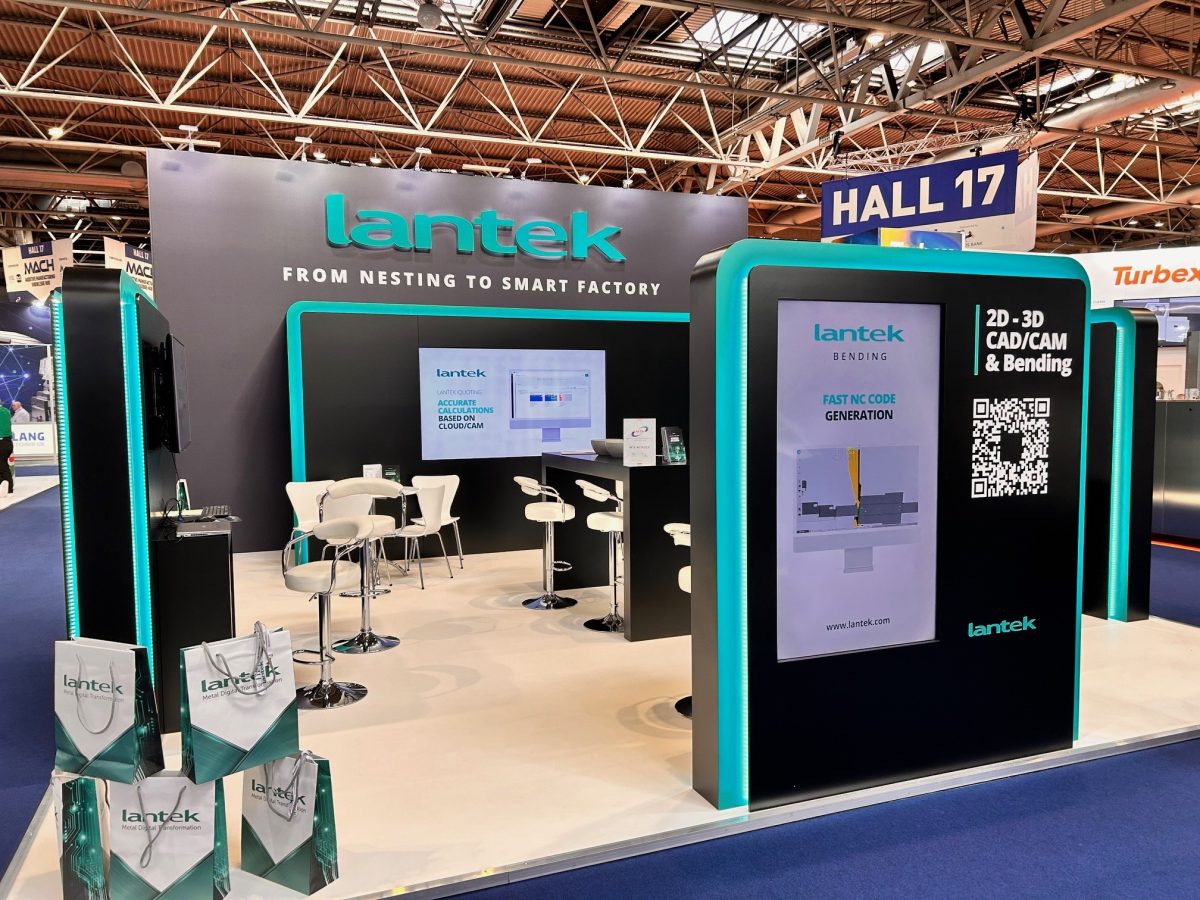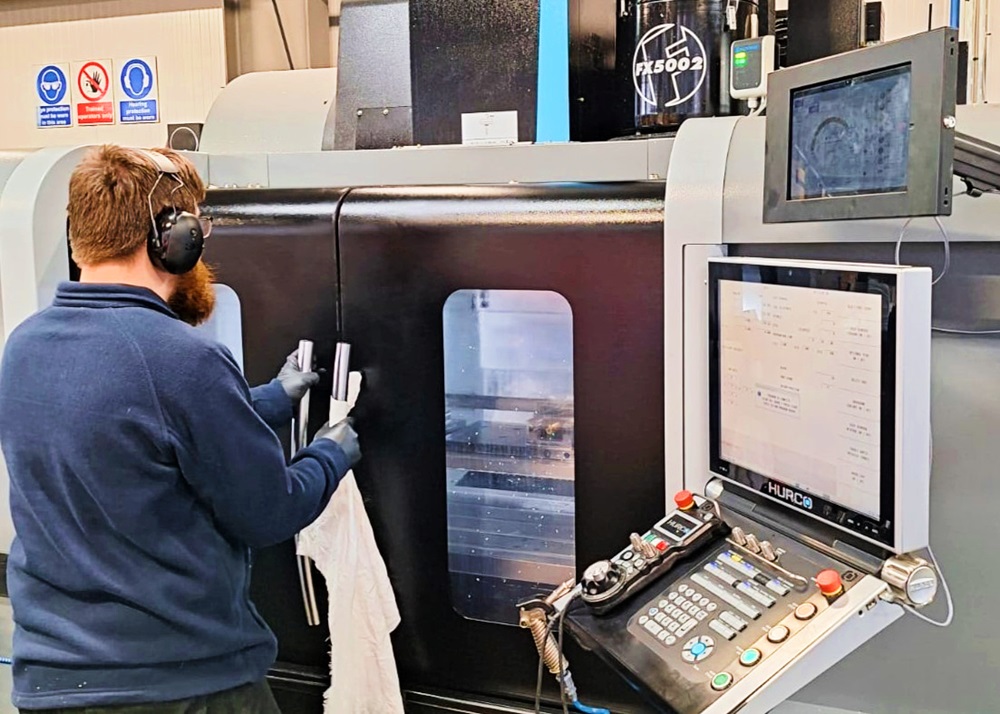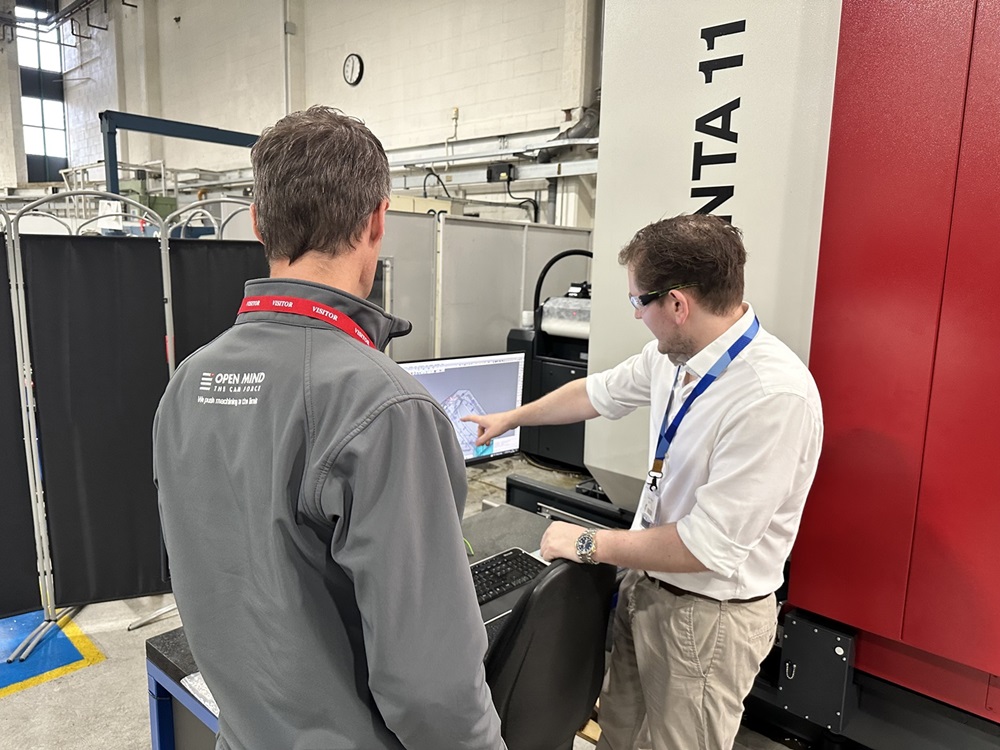Lantek found that manufacturers in the sheet metal industry were ready to integrate all their production and business systems at the recent MACH 2024 exhibition in Birmingham. By demonstrating its Lantek Expert software, which is capable of nesting and programming parts for hundreds of makes and models of cutting machines, visitors could see how to increase business efficiency and reduce workloads by automating and integrating their operating systems.
Commercial director Adam Ball says: “Sheet metal is a niche industry and, at Lantek, we’ve been working and developing solutions in this sector for more than 35 years. Over 32,000 companies use Lantek to drive their sheet metal machinery and many of them already depend entirely on Lantek software to run every aspect of their business.”
Advances in how companies work can be introduced in stages, making it easy to implement Lantek’s technology gradually with the minimum disruption. By adding IQuoting, for example, companies can achieve consistent and highly accurate pricing in a few minutes. This takes the subjectivity out of the task as well as the tedious calculations involved and, when hundreds of quotes are necessary, saves many hours of work.
New at MACH, Lantek demonstrated machine connectivity. This capability enables real-time feedback from the workshop on the status of machines and parts, and the time taken during manufacture. Not only does this make it easy to find parts in production and check delivery date targets, it also keeps track of costs to make sure every component is profitable.
Lantek’s Integra software brings the whole system together, connecting to existing accounting and business systems, delivering MES capability, controlling stock levels, subcontracted parts, non-CNC operations and traceability of material and more. For more information www.lantek.com


















